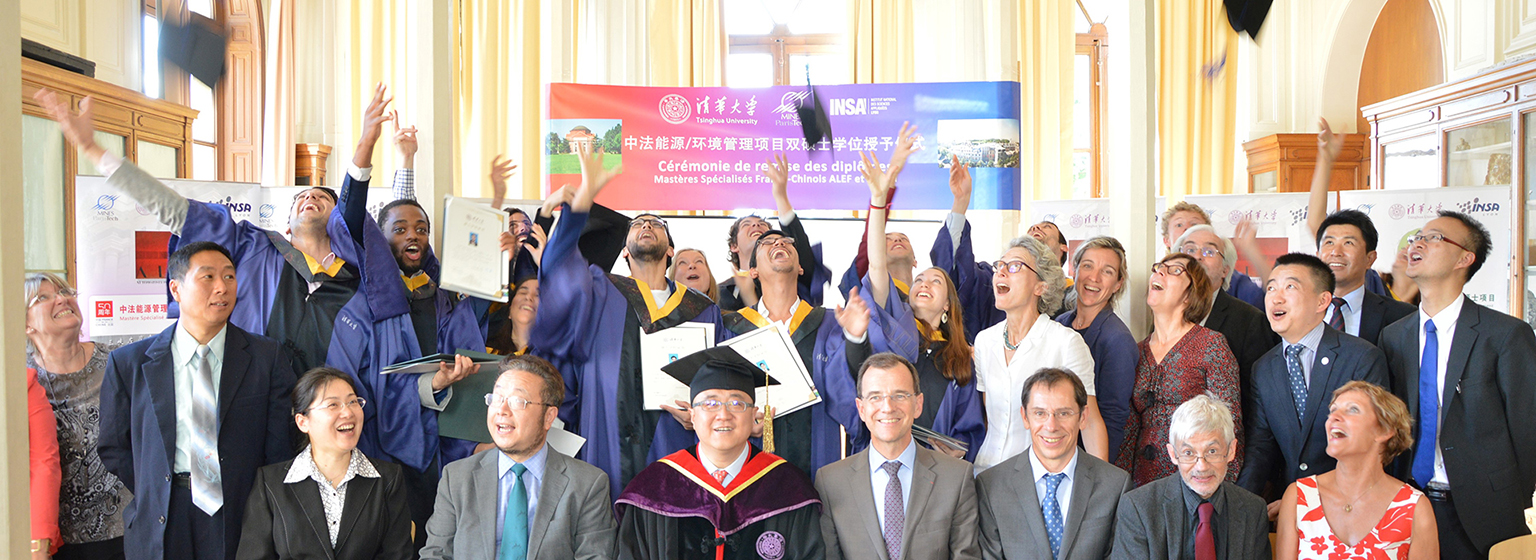课程编号:80050452
课程名称:生命周期评价Life Cycle Assessment
课程学时:32+8
课程学分:2
授课语言:中文
课程简介:生命周期评价(LCA)是支撑产品生态设计、环境管理、环境政策制定的一个重要工具,是双碳人才培养的有力支撑,应用广泛且研究活跃。LCA是一门实践课程,致力于将生命周期思想和系统思考的绿色种子根植于多样化的人才队伍培养过程,着重培养学生掌握“技术+经济+LCA”系统认识环境问题的能力,帮助学生掌握LCA方法,解决科研实际问题。教学内容包括四个板块:一是生命周期基本概念,生命周期评价基本流程,四个步骤的目的和重点,软件工具培训。二是基于矩阵和投入产出表的LCA建模方法,使学生理解并掌握LCA方法底层逻辑。三是典型案例解析,如电动汽车、新能源、食物、环境政策、污染物深度处理技术、新技术评价等,帮助学生理解LCA的应用。四是学生自主选题自主组队完成的研究性课程作业。教学目标:(1)掌握LCA理论框架和方法,学会使用LCA软件,能独立建模完成LCA标准步骤;掌握基于矩阵的LCA建模方法,熟悉数据库资源;(2)通过多样化案例解析及LCA研究前沿,帮助学生理解LCA在多领域中的应用,培养批判性分析应用LCA源数据、方法模型及评价结果的能力;(3)培养学生能在论文科研工作中主动运用LCA的意识和能力。
Life Cycle Assessment (LCA), which is widely used and actively researched, is an important tool to support the ecological design of products, environmental management and environmental policy making, and is a powerful support for the training of talents for realizing carbon peaking and carbon neutrality goals. It helps students to become proficient in the LCA methodology and solve practical problems in research. The course covers four areas: firstly, basic concepts of life cycle, assessment process of LCA, the purpose and focus of the four steps, and training on software tools. The second is the LCA modelling method based on matrix and input-output table. Third, typical case studies, such as electric vehicles, new energy, food, environmental policies, deep treatment technologies for pollutants, and evaluation of new technologies, help students understand the application of LCA. Fourthly, students will choose their own topics and form their own teams to complete the research coursework. Teaching objectives: 1) Students will be able to master the theoretical framework and methods of LCA, learn to use LCA software, and be able to model independently to complete the standard steps of LCA; master matrix-based LCA modelling methods and become familiar with database resources; 2) Through diverse case studies and frontiers of LCA research, students will be helped to understand the application of LCA in multiple fields and develop the ability to critically analyze and apply LCA source data, methodological models; 3) develop students' awareness and ability to use LCA proactively in their dissertation research work.





